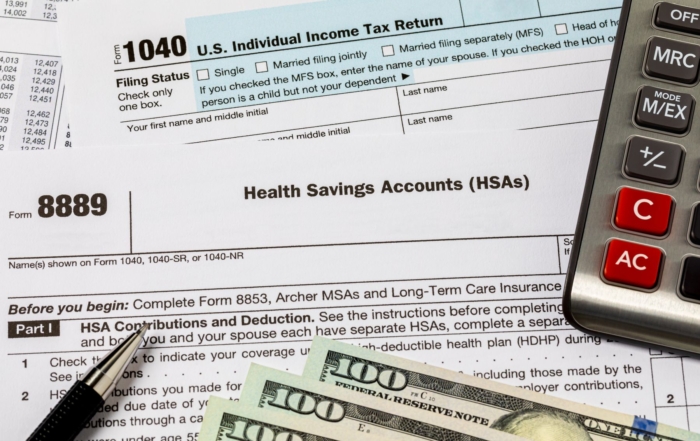Do you need an annual checkup?
From blood work to a complete physical exam, many patients want the works. But, what’s really necessary each year? A group of physicians has some surprising – and practical — advice.
Instead of an exam, think of visits as check-ups. And that check up may not include a comprehensive physical exam or routine lab testing.
When you talk about unnecessary testing, you can often have false positive results and when you have false positive results, that can lead to more testing patient worry and patient anxiety.
So, who should get annual check-ups?
- People ages 65
- People who are overdue for recommended preventive care
- Patients at high risk of undiagnosed chronic illness
- People who rate their health as poor or fair.
In these groups, there’s a lot of reasons why annual check-ups can be quite helpful.
There are some basic tests and preventive screenings that are recommended for otherwise healthy or asymptomatic patients:
- Check blood pressure
- Asses body mass index
- If previous bloodwork lab results were normal, have your blood glucose and lipid levels checked every three to five years.
- All patients should stay up-to-date on vaccinations and cancer screenings – that includes colonoscopies and cervical cancer screening and mammography for women.
People who are already regularly getting primary care, there’s a good chance that these conditions are being detected.
When it comes to unnecessary procedures, according to the new guidelines, there are several patients can skip.
The physician group does not recommend:
- Daily home glucose monitoring in patients with Type 2 diabetes who are not using insulin
- Routine pre-operative testing before low-risk surgical procedures
- Cancer screening in adults with life expectancy of less than 10 years
- Peripherally inserted central catheters for patient or provider convenience
The recommendations are part of the Society of General Internal Medicine’s Choosing Wisely Campaign.
Recent Posts
Multi-State Business Operations: Insurance and Compliance Strategies for Growing New Hampshire Auto Companies
Picture a successful New Hampshire automotive dealership that starts with a single location in Manchester. Over time, they expand their service territory, hire employees who [...]
Revolutionary HSA Changes in the 2025 Budget Bill: Your Complete Guide to Expanded Benefits
Introduction: A Game-Changer for Healthcare Financial Planning The 2025 federal budget reconciliation bill, recently passed by the House, introduces the most significant expansions to Health [...]
When Your Health Insurance Network Collapses: Protecting Your Business from Provider Network Disruptions
The alarm bells started ringing at 6 AM on a Tuesday morning. Employees at a large automotive dealership were calling in, unable to fill prescriptions [...]




